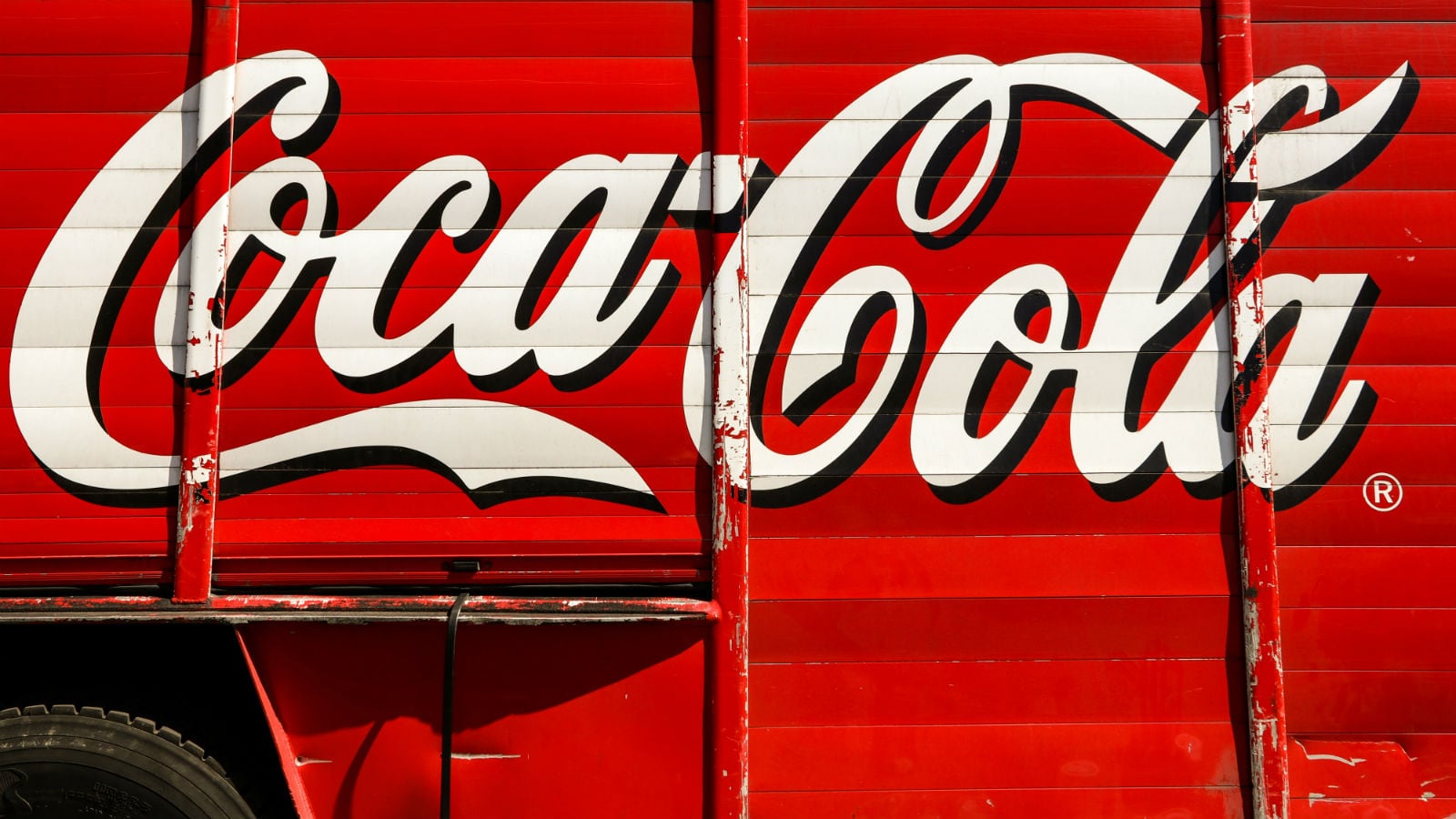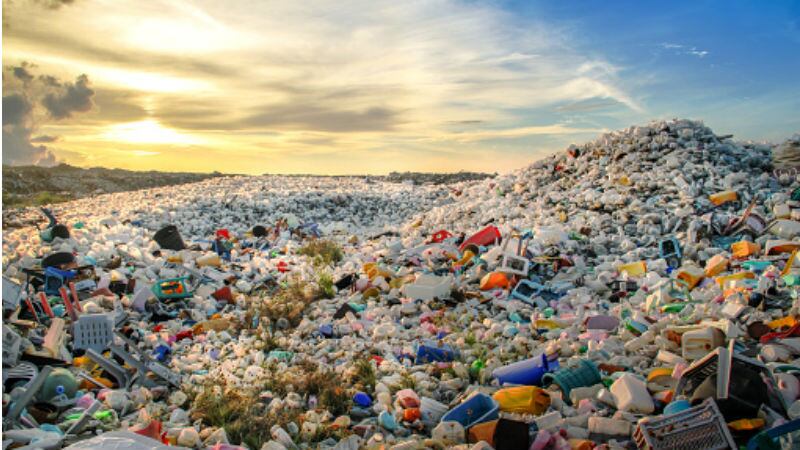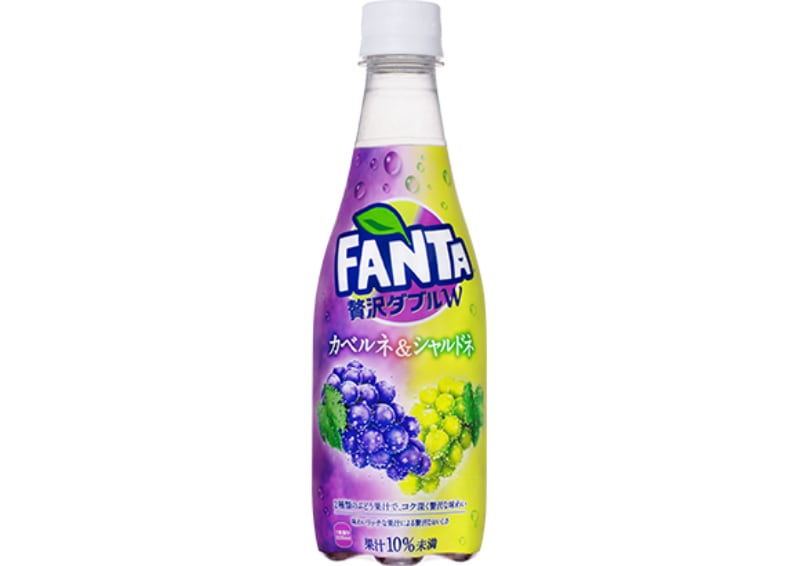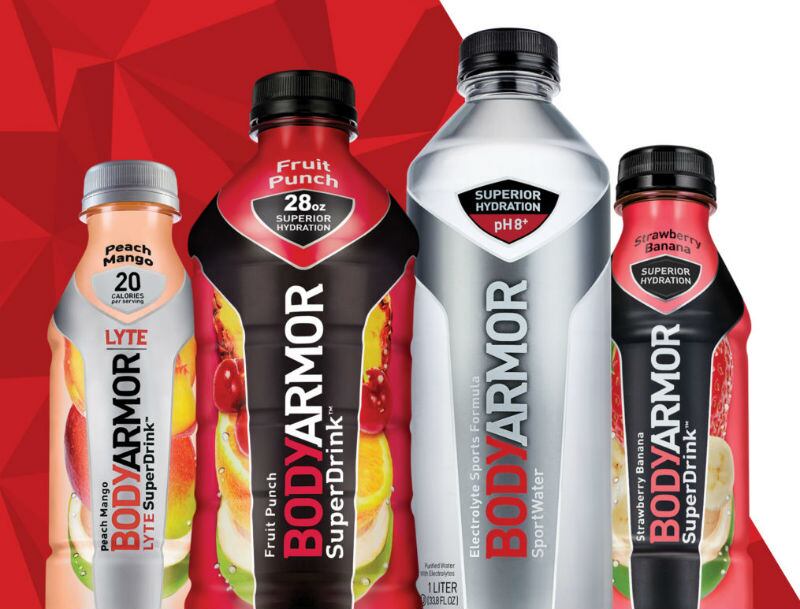The report’s research was conducted by sustainability research experts GA Circular and backed by Coca-Cola. It claimed polyethylene terephthalate (PET) to be ‘one of the most recyclable forms of plastic packaging’ and as such focused on the potential of recycling this plastic in six ASEAN countries: Indonesia, Philippines, Vietnam, Thailand, Myanmar, and Malaysia.
Only PET bottles for beverage packaging were analysed as part of the research done for this report.
“[The report reflects the] belief that a circular economy is 100% possible in the region,” Coca-Cola Asia Pacific Leads for Communications, Sustainability and Public Affairs Matt Echols told FoodNavigator-Asia.
“It calls on companies and industry in Southeast Asia to adopt a number of measures including voluntary Packaging Recovery Organisations (PROs) focused on value creation mechanisms and material end markets.”
Coca-Cola Vice President for Global Policy and Sustainability Michael Goltzman added that the report focuses on South East Asia because of its position as ‘a crucially important focal point for the global ocean plastic challenge’.
“[It also] focuses on PET [because it is] a type of recyclable plastic commonly used in beverage and other food-grade packaging [that] offers significant potential for circular economy solutions,” he said.
Based on the report findings, just 54% of PET plastic bottles are collected-for-recycling in the six countries on average. Even this is heavily dependent on the ‘informal sector’ (e.g. independent recyclable items collectors) for recycling, making up 97% of the bottles collected.
This shows enormous potential for the development of, and heavy reliance on the involvement of this ‘informal sector’ in any solid actions moving forward – but solely depending on this is neither sufficient nor sustainable.
“Asia Pacific [is expected to be] the fastest global growth market for PET, [with] consumption projected to almost double between 2018 and 2030 in the six Southeast Asian countries studied, from 886,000 tonnes to 1.52 million tonnes,” said the report authors.
“[As] cities and countries develop, the average cost of living increases, collecting and selling PET becomes very challenging in the face of rising standards of living [which increases the likelihood of] the informal sector moving onto other trades and jobs.
“[As such], status quo will result in a drop in PET bottle collected-for-recycling rates.”
This is where packaging and consumer goods companies, particularly in the beverage industry, have a major role to play. The report called for these firms to form a ‘coalition of companies’ and ‘set up a non-profit entity in the form of a Packaging Recovery Organisation (PRO) in each country’.
“This industry-led PRO would focus on boosting the value chain [and include] both ‘push’ and ‘pull’ factors, [such as] monetary incentives for recyclers, increased demand for recyclate via increasing the use of recycled content in producing new packaging, packaging-specific policy instruments supported by government, and so on,” said the report.
“Similar models have seen success in comparable developing markets (South Africa and Mexico) which, through voluntary industry efforts, have increased PET collection and recycling rates to over 55% in each country.”
Is it enough?
The initiatives called for in this report are somewhat different from previous ones such as switching to paper packaging or switching to bioplastic alternatives, which environmental NGOs such as have previously condemned as ‘false solutions’ that would create other environmental issues instead.
A previous Greenpeace report has previously denounced solutions focusing heavily on recycling as ineffective, stating that: “Recycling systems cannot keep up with the huge volume of plastic waste generated. Even in Germany, which has one of the highest recycling rates in the world based on collection, more than 60% of all plastic waste is burned, and only 38% recycled.
“To date, no major FMCG has made a commitment to reduce the total volume or number of units of single-use packaging it sells, or to invest significantly in reusable and refillable delivery systems, and only a handful of companies have even disclosed their plastic footprint.”
However, it also mentioned PET recycling rates to be ‘shockingly low’, so if these actions recommended by GA Circular can significantly help in increasing these rates, it remains possible that some measure of effectiveness could be seen here.
What this report has called for is for F&B companies to make yet more commitments. A list of recommended actions and deadlines can be found in the last few pages of the report, e.g. for PROs to be set up in each of the six countries by 2023, to expand to multiple cities by 2026, and for all regions within the six countries to be covered by PROs by 2030.
That said, although concrete actions may have been laid out which should be taken in the name of sustainability, and timelines set, companies need to take care so as to not find themselves in the same ‘commitment’ vs ‘action’ cycle that other sustainability initiatives are now wrapped up in after years of securing commitments, for example the palm oil industry.





